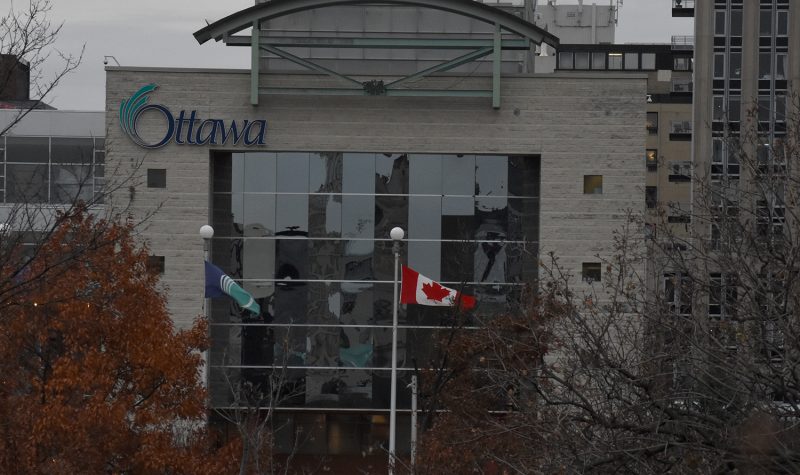Community groups in Ottawa are demanding the removal of the Ottawa Police Service from the guiding council supporting the city’s mental health strategy
More than a year ago, the city implemented a guiding council to help shape Ottawa’s mental health response. The Ottawa Police handed oversight of the strategy to the city in Jan. 2021 after receiving pressure from various community groups, then took a supervisory role on the guiding council.
In an interview with CHUO, co-lead of Ottawa’s 613-819 Black Hub, Robin Browne, says the police shouldn’t have any role in the development of a mental health response.
“The police are a very powerful force,” says Browne. “For people to challenge the police is a very intimidating thing, so they will have a kind of a… big influence on what's going on, and they shouldn't have any influence.”
On behalf of 613-819 Black Hub and several other community groups, Browne penned a letter on Monday asking the city to omit the Ottawa Police from the list of groups on the guiding council.
Browne’s letter to the council includes support from Horizon Ottawa, Ottawa Coalition to End Violence Against Women, Coalition Against More Surveillance, and the Ottawa Black Diaspora Coalition.
The letter suggests that the alternative mental health strategy should be led by “grassroots organizations with lived experience” rather than the police.
The guiding council’s terms of reference point to “recent OPS interventions” leading to the injury or deaths of Indigenous and Black community members with mental health issues, and promise to restrict police oversight unless an incident involves criminality.
Browne refers to the case of Abdirahman Abdi, a mentally ill Somali man who was beaten to death by OPS officer Daniel Montsion in 2016, as an example of why such a plan is doomed to fail.
“People call the police on him, a guy with mental health issues, because he was in a coffee shop allegedly touching women,” says Browne. “Now that's criminality. So under the system, they're looking to develop, Abdi is just as dead.”
The terms of reference for the guiding council lists the names of the 11 organizations leading the mental health strategy, including The Champlain Mental Health and Addictions Network, Ottawa Public Health, and the Ottawa Black Mental Health Coalition.
Listen to the full story below:


